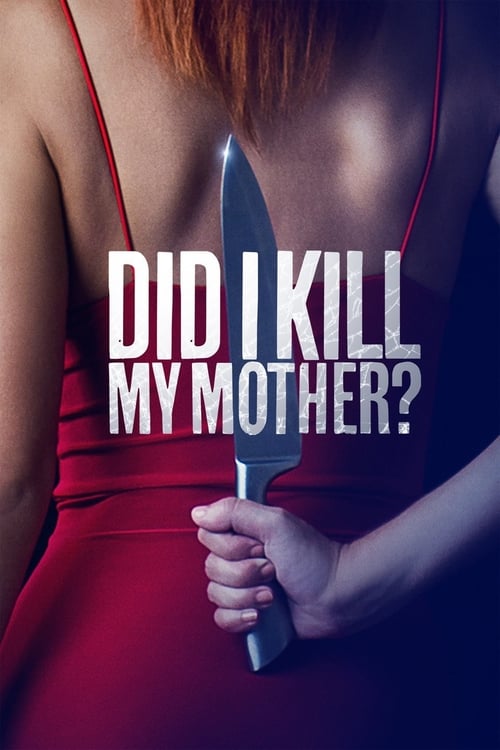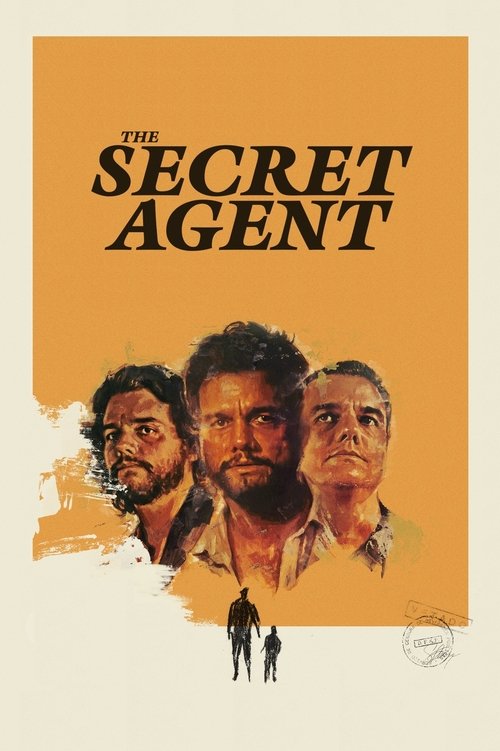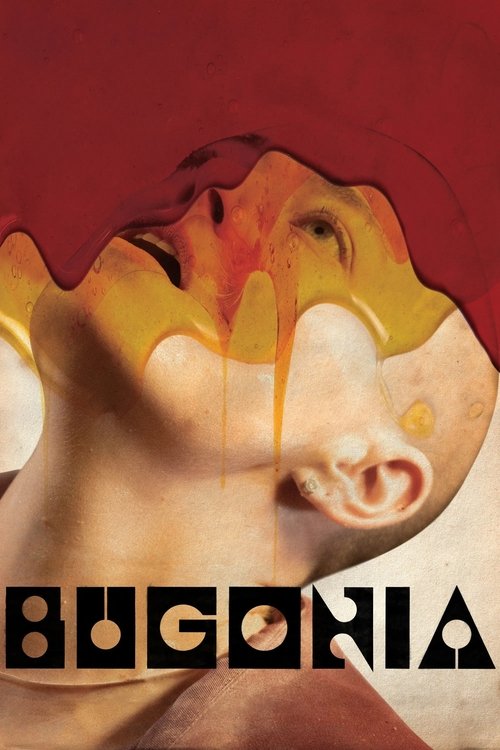
Ask Your Own Question
What is the plot?
What is the ending?
In the ending of "Did I Kill My Mother?", the protagonist, a young woman named Claire, confronts the truth about her mother's death. After a series of emotional revelations and investigations, Claire learns that she did not kill her mother, but rather, her mother's death was a tragic accident. The film concludes with Claire finding a sense of closure and understanding, allowing her to move forward with her life.
As the final act unfolds, the tension escalates. Claire, having been plagued by guilt and confusion, is determined to uncover the truth surrounding her mother's death. The scene opens with Claire in her dimly lit apartment, surrounded by photographs and mementos of her mother. The weight of her emotions is palpable; she feels a mix of sorrow, anger, and desperation.
In a pivotal moment, Claire visits the location where her mother died. The atmosphere is heavy with memories as she stands at the edge of a serene lake, the water reflecting the cloudy sky. She recalls the last moments she spent with her mother, filled with warmth and love, contrasting sharply with the pain she feels now. As she gazes into the water, she is haunted by visions of her mother, which intensify her internal struggle.
The narrative shifts as Claire meets with a close friend, who has been a source of support throughout her ordeal. They sit in a cozy café, where Claire's friend encourages her to confront her feelings rather than run from them. This conversation serves as a catalyst for Claire, igniting a spark of determination within her. She realizes that she must seek out the truth, not just for herself, but to honor her mother's memory.
In the following scene, Claire visits the local police station, where she requests access to the case files regarding her mother's death. The officer, initially hesitant, eventually agrees to help her. As Claire sifts through the documents, she uncovers crucial evidence that points to an accidental drowning rather than foul play. The revelation hits her like a wave, washing over her with a mix of relief and lingering sorrow.
The climax of the film occurs when Claire confronts the person who had been spreading rumors about her involvement in her mother's death. This confrontation takes place in a tense, emotionally charged scene at a community gathering. Claire stands firm, her voice steady as she defends her mother's honor and asserts her own innocence. The crowd watches, captivated by her bravery, and the atmosphere shifts as they begin to rally around her.
In the final moments, Claire returns to the lake, now under a clear sky. She kneels at the water's edge, allowing herself to grieve openly. Tears stream down her face as she speaks to her mother, expressing her love and regret. This cathartic release signifies her acceptance of the past and her decision to move forward.
The film concludes with Claire walking away from the lake, a sense of peace enveloping her. She is no longer burdened by guilt; instead, she carries her mother's memory with her as a source of strength. The final shot captures Claire's silhouette against the setting sun, symbolizing hope and new beginnings.
As the credits roll, viewers are left with a poignant understanding of Claire's journey. She has faced her fears, confronted the truth, and emerged stronger, ready to embrace life without the shadow of her mother's death looming over her. The fate of Claire is one of resilience and healing, while the memory of her mother remains a cherished part of her identity.
Is there a post-credit scene?
In the movie "Did I Kill My Mother?" produced in 2018, there is no post-credit scene. The film concludes its narrative without any additional scenes or content after the credits roll. The story wraps up with the resolution of the central mystery surrounding the protagonist's relationship with her mother and the events leading to her death, leaving the audience with a sense of closure regarding the characters and their journeys.
What events lead to the protagonist's suspicion about her mother's death?
The protagonist, a young woman named Claire, begins to suspect foul play surrounding her mother's death after receiving a mysterious phone call that hints at secrets from her mother's past. As she delves deeper into her mother's life, she uncovers hidden relationships and financial troubles that raise questions about the circumstances of her mother's demise.
How does Claire's relationship with her mother evolve throughout the film?
Initially, Claire has a strained relationship with her mother, filled with misunderstandings and unspoken resentments. As Claire investigates her mother's past, she discovers layers of her mother's personality and sacrifices, leading to a deeper understanding and appreciation of her mother's struggles, ultimately transforming their relationship even after her death.
What role does Claire's boyfriend play in the investigation?
Claire's boyfriend, Mark, serves as both a support system and a source of tension. He encourages her to let go of the investigation, fearing it will consume her, but he also helps her piece together clues. His conflicting emotions about the investigation reflect the strain it puts on their relationship, showcasing the balance between love and obsession.
What clues does Claire find that suggest her mother may have been involved in illegal activities?
Claire discovers a series of hidden bank statements and a locked drawer in her mother's desk containing documents related to questionable financial transactions. Additionally, she finds a mysterious key that leads her to a storage unit filled with items that suggest her mother was involved in a secret life, including photographs and letters that hint at connections to unsavory characters.
How does the community react to Claire's investigation into her mother's death?
The community's reaction is mixed; some are sympathetic and supportive, while others are suspicious and judgmental. As Claire digs deeper, she faces backlash from neighbors who believe she is dishonoring her mother's memory. This creates a sense of isolation for Claire, as she grapples with her need for answers against the backdrop of community gossip and scrutiny.
Is this family friendly?
"Did I Kill My Mother?" is a psychological thriller that explores complex themes and emotional turmoil, which may not be suitable for younger audiences or sensitive viewers. Here are some potentially objectionable or upsetting aspects:
-
Murder Mystery Elements: The film revolves around a murder investigation, which can be intense and unsettling, particularly for children.
-
Emotional Distress: Characters experience significant emotional pain, including grief, guilt, and anxiety, which may be distressing for sensitive viewers.
-
Family Conflict: There are scenes depicting strained family relationships and conflicts that can be uncomfortable to watch.
-
Dark Themes: The exploration of themes such as betrayal, loss, and the consequences of one's actions may be heavy for younger audiences.
-
Suspenseful Moments: The film contains suspenseful and tense scenes that could be frightening or anxiety-inducing.
Overall, the film's mature themes and emotional depth may not be appropriate for children or those who are sensitive to such content.

































